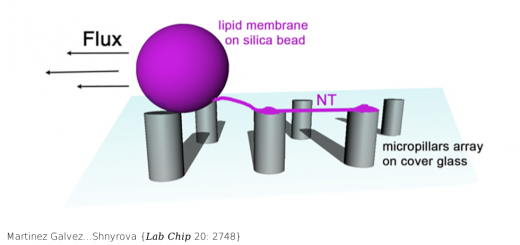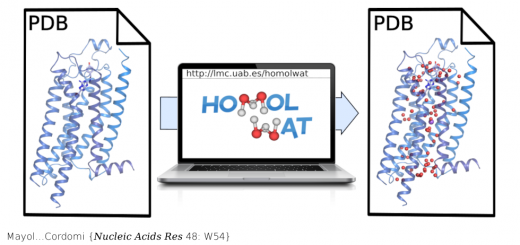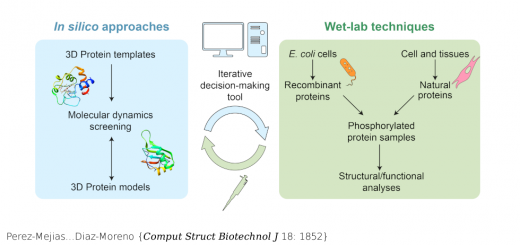Hartung & Pardo {Eur Biophys J 45: 709}

Potentiation of apoptosis induction by cytotoxic drugs through the Kv10.1-targeted scFv62TRAIL construct. All drugs were several fold more potent in the presence of the construct.
Guiding TRAIL to cancer cells through Kv10.1 potassium channel overcomes resistance to doxorubicin
Hartung F, Pardo LA.
Eur Biophys J 2016 Oct.; 45: 709.
Resisting cell death is one of the hallmarks of cancer, and represents a common problem resulting in ineffective cancer therapy. To overcome resistance to apoptosis, we designed an antibody-based therapy strategy using Kv10.1 as a target. Kv10.1 is a voltage-gated potassium channel, which has been identified as a tumor marker several years ago. The agent consists of a Kv10.1-specific single-chain antibody fused to the soluble tumor necrosis factor-related apoptosis-inducing ligand (scFv62-TRAIL). We combined scFv62-TRAIL with different chemotherapeutic drugs, all of which failed to induce apoptosis when used alone. In the combination, we could overcome the resistance and selectively induce apoptosis. Among the drugs, doxorubicin showed the most promising effect. Additionally, we observed improved efficacy by pre-treating the cells with doxorubicin before scFv62-TRAIL application. Expression analysis of the TRAIL death receptors suggests a doxorubicin-induced increase in the abundance of receptors as the mechanism for sensitization. Furthermore, we confirmed the anti-tumor effect and efficacy of our combination strategy in vivo in SCID mice bearing subcutaneous tumors. In conclusion, we propose a novel strategy to overcome resistance to chemotherapy in cancer cells. Doxorubicin and scFv62-TRAIL reciprocally sensitize the cells to each other, specifically in Kv10.1-positive tumor cells.
PubMed: 27350552. Doi: 10.1007/s00249-016-1149-7. OPEN access




